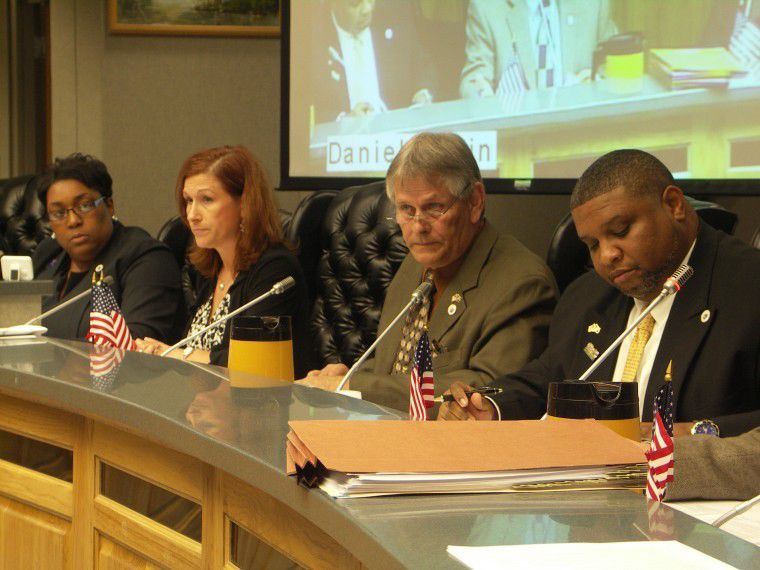
Terrebonne approves pay raises for officials
February 14, 2017
Attorneys say safety issues are common incident threads
February 14, 2017State legislators are now hard at work deciding how Louisiana will dig itself out of a major budget hole, and their options have shrunk even smaller than the last time they met to accomplish this, last year.
Gov. John Bel Edwards is asking lawmakers to take $119 million from the Budget Stabilization Fund to reduce the amount of cuts needed to close the current $304 million shortfall. Gov. Edwards says that if lawmakers don’t vote to use the $119 million, the state’s colleges and universities, K-12 schools and programs that assist families with developmentally disabled children are on the chopping block.
The Budget Stabilization Fund is also referred to as Louisiana’s “rainy day” fund, money kept aside to deal with those times when what dollars at hand are not enough. The meaning should be plain enough. The execution is not.
Rep. Lance Harris, R-Alexandria – who is the leader of the state’s Republican lawmakers – says the rainy day fund should not be tapped to deal with this most recent crisis. Harris appears convinced that enough money can be chopped from various state agencies to make up the shortfall, and allow Louisiana to balance its budget according to law. A balanced budget is mandated, so there’s not a whole lot of choice on the one hand. Tapping into the rainy day fund, Harris and a number of other Republicans maintain, is not how the state’s business should be handled. The former governor, Bobby Jindal – also a Republican – has been roundly criticized for meeting expenditures by using one-time money for recurring costs. It’s not any way to run a state, the Republicans maintain, noting that it is also not a way to run a business.
The suggestion that government should be run as if it were a business is something we have heard for a long time. In some ways that is indeed true. The diligence, the watchfulness, that any person running a sound business should use for maximum outcome should indeed transfer to government. We want legislators to do with our tax dollars what they would do if the government was their own independently owned business.
But government is not a business. Perhaps the better argument to use is that government should be operated like a household.
At home, no matter how diligently one might save for a college education, a retirement or some other goal, problems crop up that derail those plans. A child requires extensive dental work. A new baby is on the way, totally without planning. The nephew who borrows your car runs it into a fire hydrant accidentally, and you are stuck with the bill.
While we are forced here to mention political parties – only because that is how people making these decisions are identified – it is not our intention to la burden or blame on either one. We are convinced that party lines should not be the major determining factor in terms of this issue. Individual, personal philosophies should not be a determining factor either, other than a belief that the law should be followed and the budget balanced, with nobody getting hurt.
That the rainy day fund should be tapped is beyond question. The time and detail that it would take to accomplish this task solely through cuts, with the limited time allowed, would make not doing so an exercise in irresponsibility.
The bottom line here is that the cuts which would come – as a matter of basic mathematics – should be blunted by use of the recommended rainy day fund withdrawal.
The potentials – whether stated by the governor or not – are just too bleak to do otherwise.
But tapping of the rainy day fund, and every other step taken to balance the budget, must be done with this caveat.
Once and for all, the full legislature must look at what two local representatives, Sen. Norby Chabert and Rep. Dee Richard, have said for years. Our methods of funding our government or avoiding doing so, from taxing schemes to homestead exemptions to mandated protections for many accounts, must be addressed, repaired and brought up to speed in a way that reflects reality.
Louisiana has for too long operated with a dysfunctional fiscal system. The time to change it has come. ∙




